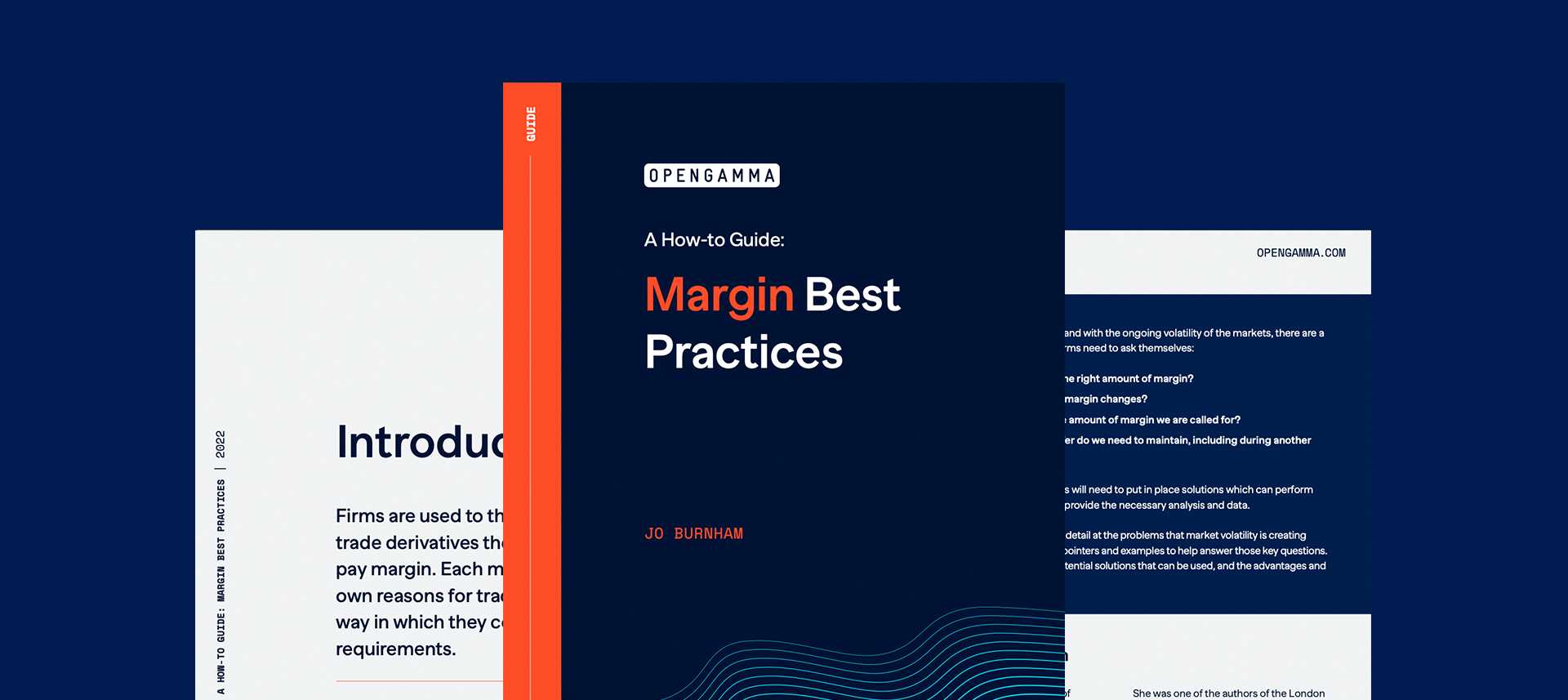What Is A Central Counterparty Clearing House (CCP)?
A Central Counterparty Clearing House (CCP) is a regulated organisation that stands in the middle of financial markets, managing the Counterparty and Liquidity Risk. CCPs clear both Over the Counter (OTC) and Exchange Traded products.
How Do Central Counterparty Clearing Houses Work?
CCPs stand in the middle of a trade, becoming the buyer to every seller and the seller to every buyer. If a counterparty defaults they step in and close out or auction off the defaulting participants position, thus protecting other firms trading on the market from Counterparty Risk. They also take responsibility for all payments due on a trade, such as coupon payments or daily profits and losses, thus covering the Liquidity Risk
CCP and Collecting Margin
CCPs collect Margin to protect against the default of their counterparties, who are called clearing members. There are different types of Margin Requirements that are calculated to cover different risks:
- Variation Margin ensures that profits and losses are covered up to date.
- Initial Margin is calculated to cover potential future losses between the last Variation Margin calculation and the close out of the positions following a default.
- Delivery Margin is used to cover the specific risks of positions that are in delivery, for example any penalties that may be charged by a system operator to cover non-delivery.
Learn More About CCPs
Discover more of our content by clicking one of the links below. Additionally, learn other definitions of key margin terminology with our A-Z Margin Terminology page. Lastly, learn more about OpenGamma by watching our demo and taking a look at our product and solutions pages.



